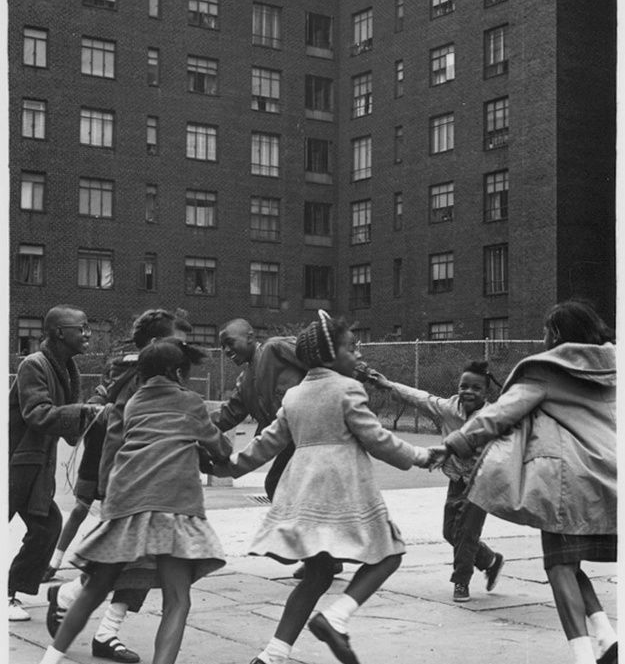Lesson 45 –
Mark 12:38-44 NRSV
38 As he taught, he said, “Beware of the scribes, who like to walk around in long robes, and to be greeted with respect in the marketplaces, 39 and to have the best seats in the synagogues and places of honor at banquets! 40 They devour widows’ houses and for the sake of appearance say long prayers. They will receive the greater condemnation.”
41 He sat down opposite the treasury and watched the crowd putting money into the treasury. Many rich people put in large sums. 42 A poor widow came and put in two small copper coins, which are worth a penny. 43 Then he called his disciples and said to them, “Truly I tell you, this poor widow has put in more than all those who are contributing to the treasury. 44 For all of them have contributed out of their abundance; but she out of her poverty has put in everything she had, all she had to live on.”
Background
Last week’s scripture (Mark 12:28-34) focused on the ways people felt comfortable enough to ask Jesus questions. In this chapter, we get a sense that Jesus is warm and inviting enough for people to ask deep questions. In today’s passage, Jesus continues in that tradition by questioning the habits of the powerful people in his own community.
In your own devotional period, read this 12th chapter with this question in mind– Why does Jesus often reflect on his own religious tradition?
Today’s lesson will focus on balancing our sacrifices.
Read the scripture aloud together. What is happening during this passage?
In the middle of teaching, Jesus issues a warning. The people are to watch out for the bigwigs who like to feel important. They wear fancy robes, expect people to acknowledge them like kings, and demand the best seats in the temple and at community events. They take from the community and are long winded all for show. In Jesus’ estimation, these people will be judged.
Just as this happens, there are rich people giving very obvious and huge donations to the treasury. A poor widow comes to the line and gives two small copper coins. Jesus takes this opportunity to tell those watching, “she has put in more than everyone else. Everyone gave out of their abundance, but she gave from what she had to live on.”
What offends Jesus about the scribes? Why does he even speak on them?
Jesus is holding his own people accountable. He is not being messy or gossiping; he is teaching people how we should steward the faith and our resources. He cannot stand the idea of people being part of the faith just for status. The idea of people wearing long robes, demanding royal treatment, and expecting special treatment at community events angers him.
This is not something specific to the faith community described here. It happens in any faith community. For more on this dynamic, take time to watch the online documentary The Way Down, which details the Christian weight-loss cult that resulted in many tragic events, including the death of a child. Leader Gwen Shamblin required obedience, resisted any questions, or calls for accountability, and was chasing power and fame that eventually led to her own downfall.
Jesus has an issue with mismatch. He does not like that people just like to hear their own selves talk. How can the work of freedom be done if these leaders are so selfish?
What was it about the widow that inspired Jesus?
Jesus often speaks in extremes. This is a big part of his teaching style. He uses extremes to help us see a more delicate lesson. He was inspired by the Widow’s faith. Given the context of haughty leaders, and especially in contrast with the people giving big offerings just to be seen, this widow’s offering illuminates something. It meant so much for her to give what she did, even though on paper, her contribution was small.
How do you think this story could have ended even better for the fate of the widow? Maybe Jesus might have returned this widow’s coin. Or he may have found a way to make sure she had all her needs met. We do not know much about what happens to her after this vignette. All we do know is that she had a different kind of hope than others did.
What questions do you still have of this scripture? How will you commit to journeying with this text this week?
 Connection to Today’s World
Connection to Today’s World
Study after study shows that poor people actually give more to charity in proportion to their income compared to the wealthy.
In a 2010 study, researchers conducted a simulation study in which people were given 10 credits. During the game, you can give credits (which will eventually translate into cash) to someone you will never meet.
The researchers were stumped. People who were richer gave away less frequently than those who were poorer. In fact, poorer people playing this game were likely to give 44% of their credits away. Richer people were likely to keep their credits to themselves. Why?
There are at least two ways to come away from this experiment. You can say, “well, that’s how they get rich. You don’t get rich by giving money away.” Or you can say, “people who have less are more likely to depend on networks of sharing. These are giving to each other because it has helped us survive.”
When you can testify to the gift of community (through scholarships for school, food pantries, social welfare programs, free arts programs, or subsidies for housing) you are more likely to see these as lifesaving. Of course, these programs are not without flaw; but when you have been helped by a program you are more likely to see how it is the difference between life and death for someone else.
Journal: What sacrifices have you already made involuntarily for the sake of your community? What sacrifices can you voluntarily make?
Closing: Listen to “Sacrifice of Praise,” sung by Victor Johnson and Free
We bring the sacrifice of praise, into the house of the Lord.
And we offer up to you the sacrifices of thanksgiving.
And we offer up to you the sacrifices of joy.
Prayer:
Dear God, You see our sacrifices. You see our heart. You know when we are doing something to be seen, and when we are giving out of our deepest desire for a sweeter world.
We are in a pandemic. People are losing hours, losing jobs, losing staff, and most importantly, losing their own lives. We are being forced to fend for ourselves and at the same time, extend a hand to those coming behind us.
Except, we are not a People who believe in rugged individualism. Our history is full of community and collective care. Remind us to lean on this wisdom. It has nourished us, sustained us, and landed “many a thousand” over the generations.
In Jesus’ name we pray, Amen.
WORKS CITED
https://www.theguardian.com/tv-and-radio/2021/sep/29/gwen-shamblin-docuseries-the-way-down-remnant-fellowship
https://www.npr.org/templates/story/story.php?storyId=129068241





